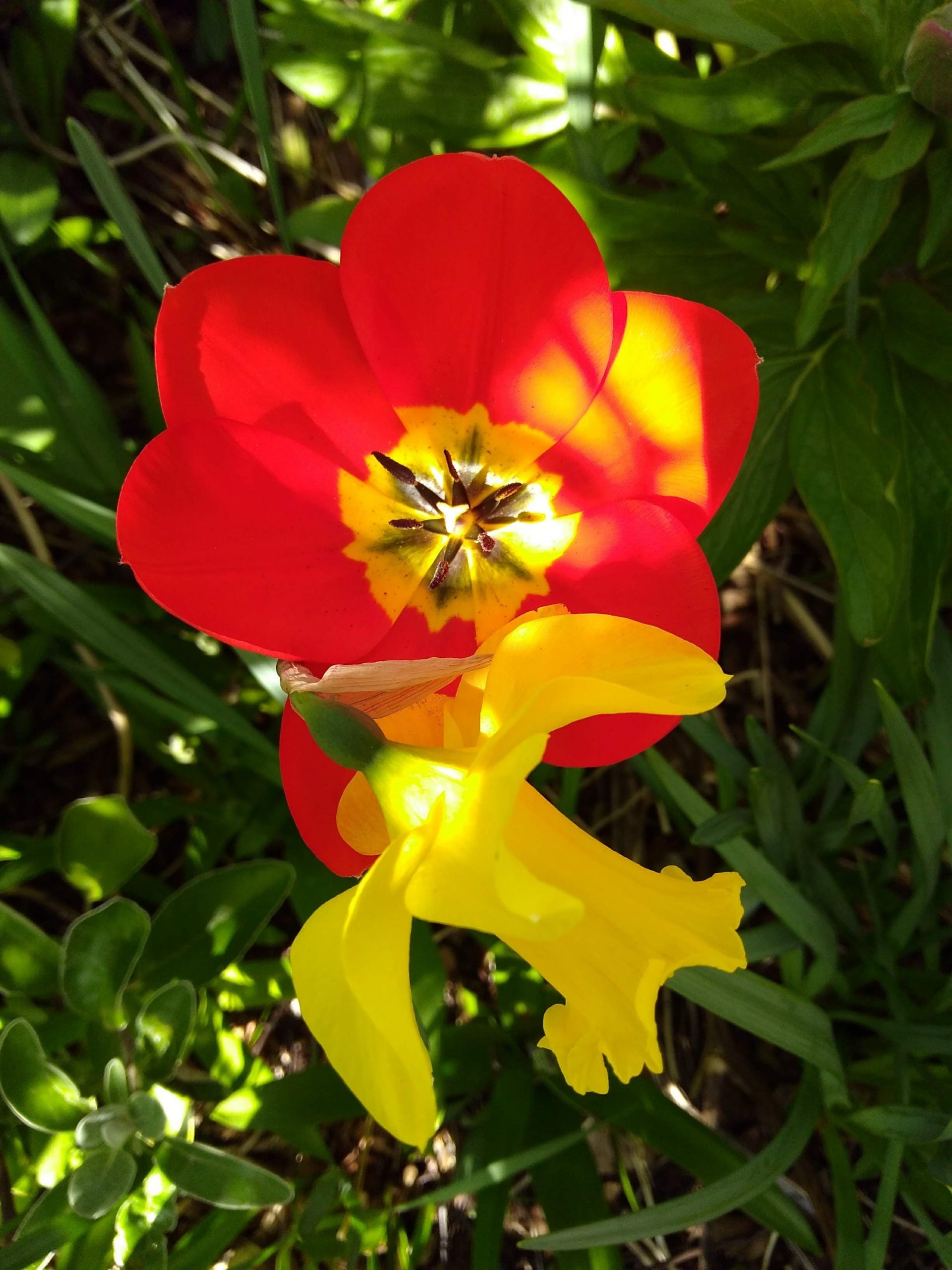 I mentioned last weekend that I’ve been trying to learn Chopin’s fourth ballade, a wonderful piece of music although not easy to master.
I mentioned last weekend that I’ve been trying to learn Chopin’s fourth ballade, a wonderful piece of music although not easy to master.
After some days of quite intensive effort, I felt like having a rest from it. Some parts of it are very difficult, and day by day they didn’t seem to be getting easier. Maybe it was too hard. I put the book aside and turned to other things (like photographing flowers).
Today I picked up the Chopin again and went back to it. To my surprise, some of the difficult bits had mysteriously improved! No longer did I have to concentrate like a maniac on every detail of the complicated fingering. Instead of proceeding note by note, or chord by chord, I found that extended passages unrolled in front of me in a natural way. Had I been gliding downstairs in the night and practising in my sleep?
I remembered that the Hungarian pianist and teacher György Sebök had once said that one should not go on and on playing the same passage over and over again at a single practice session. One should practise it no more than a few times *with attention* and then let it settle, giving the brain time to digest the information.
This is oddly difficult to do. When you are practising, you feel you’re not working unless you are actually playing. You feel you are not conquering difficult passages unless you are repeating them enough times to see progress while you’re still sitting at the piano.
However, it might be more effective to go carefully over the fingering a few times and then stop. Just as certain cakes go on cooking after you take them out of the oven, the brain goes on cooking the music you’ve been practising, when it can do so in peace and quiet.
Digesting music in silence doesn’t feel like work, however. Moreover, it doesn’t sound like work. To some extent, practising a musical instrument is a matter of demonstrating that you are doing the work – demonstrating it to your parents if you are a child, to your fellow students if you practise in a honeycomb of studios at college, to your professional colleagues backstage before a concert. I know from long experience that to fall silent during a practice session is to invite comment on the fact that ‘you’ve stopped practising’.
But have you? We know enough about the mind now to recognise that learning is a multi-stage process. We should acknowledge that things are happening in the mind even when we’re not playing things over and over. In fact, I wouldn’t be surprised to hear that playing things over and over actually delays the moment when our minds can start digesting them.




This makes so much sense! Having more time to practice during lockdown means I can think about the music as well as repetitively practice it. I didn’t really realise I was doing this until I read your piece. Thank you!
Thanks, Jo! It’s great to have this kind of feedback.
Over the decades I have arrived at the stage of practising for shorter periods, while spending much longer thinking about pieces. I even don’t encourage practising for little pupils until they at the stage when they can think through for themselves what they are doing. I discovered paradoxically that the little ones who practised did less well than those who didn’t practise, so devised this different strategy. We also only play things once or twice in a lesson. Even with no practising, a week later they have often ‘got’ whatever it is really well. I think there can be blurring of concepts when using the word ‘practising’ – it’s not the same thing as learning the notes. Increasingly, I learn the notes much more away from the instrument these days – just reading through the scores and hearing it in my head seems to speed the process up. So with pupils, we learn the notes by singing, clapping through, reading, thinking etc before playing once. Even the 5-6 year olds can do this easily if encouraged to get into the routine. We all need to give the subconscious part of the brain time to do its work!
Fascinating comments about how young children learn. Thank you very much, Mary!